Chu-hi-cha – A Unique Type of Tea Brewed From Caterpillar Droppings
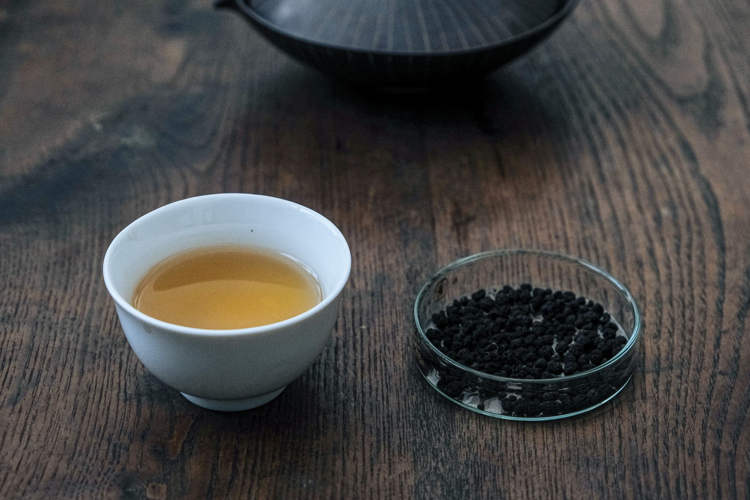
Chu-hi-cha is the name of a new type of tea discovered by a Japanese researcher at Kyoto University. It involves brewing the droppings of caterpillars that have feasted on various plants. Tsuyoshi Maruoka came up with the idea of caterpillar tea during graduate studies at Kyoto University’s Faculty of Agriculture, while researching the mysterious relationship […]
Kupi Khop – Indonesia’s Upside-Down Coffee Is Best Sipped Through a Straw
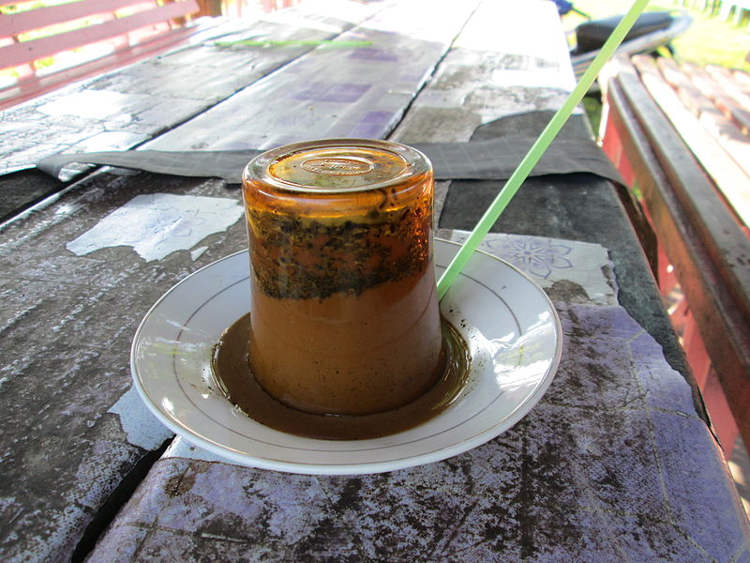
Kupi Khop is a unique type of coffee served in an upside-down glass on a glass plate and sipped through a straw. For obvious reasons, it’s also known as Indonesian upside-down coffee. If you ever find yourself on the West Coast of Aceh, in Indonesia, you owe it to yourself to enjoy a Kupi Khop […]
Dumpling-Flavored Soda – Probably Japan’s Worst-Tasting Soft Drink
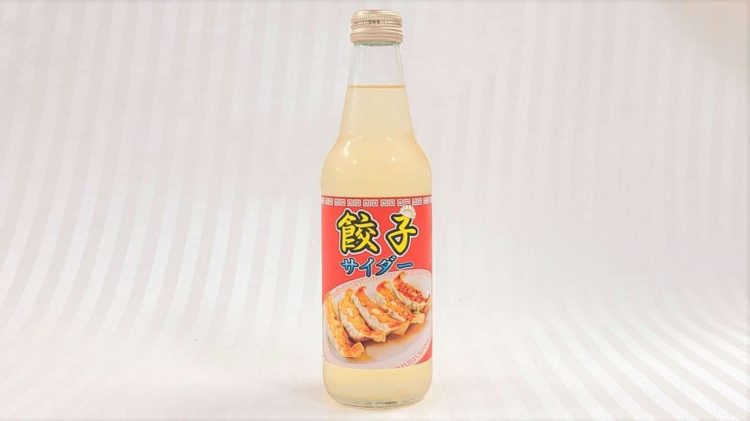
A Japanese beverage company launched a controversial dumpling-flavored soda that many are calling the worst soft drink ever created. Gyoza traditional pan-fried dumplings are a staple of Japanese cuisine, but they are also the inspiration for one of the world’s most bizarre refreshments. “Gyoza cider”, or “Gyoza soda”, as some Japanese news outlets have been […]
Bottled Water Jelly – A New Way to Cool Off This Summer
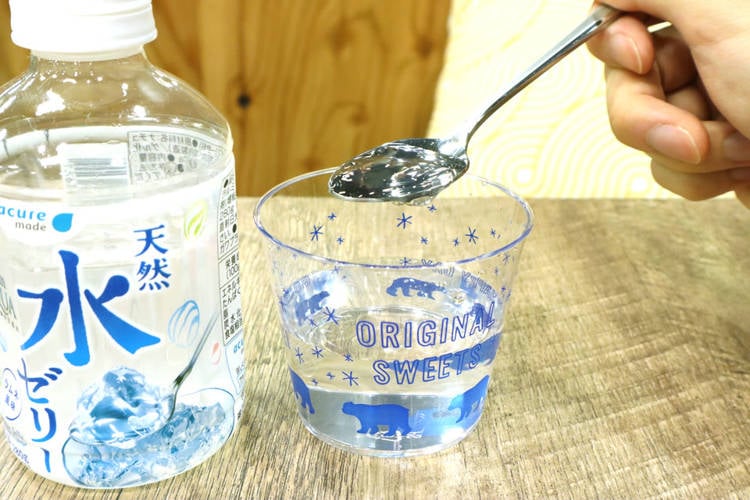
If you don’t like the watery texture of water, you may want to try to keep yourself hydrated with some water jelly, a new hit summer product from Japan. I’m too old to spend time on TikTok, but every once in a while I deep dive down a rabbit hole only to find the craziest […]
Green Peas and Pickled Cabbage-Flavored Beer Proves Big Hit in Iceland
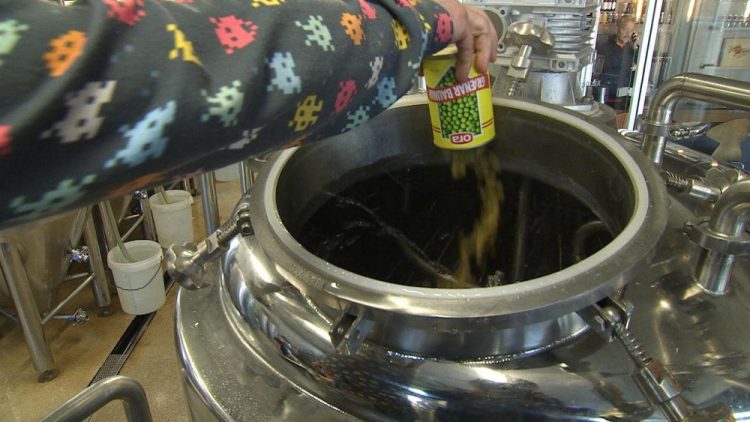
An Icelandic brewery has been getting a lot of attention because of its newest creation – a holiday beer that tastes like green peas and pickled red cabbage – which has been selling like crazy. Ora jólabjór, the beer that has taken Iceland by storm, is brewed by RVK Brewing in a modest Rejkiavik brewery […]
World’s Hottest Shot – Overproof Rum Infused With Carolina Reaper Peppers
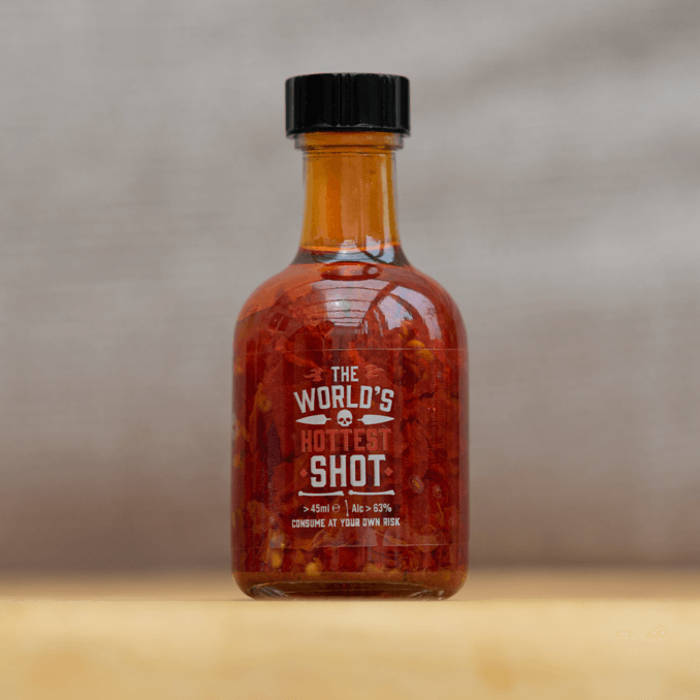
When it comes to “spicy” liquor, you’ll have a tough time finding something hotter than this crazy combination of overproof rum infused with the world’s hottest pepper, the Carolina Reaper. The World’s Hottest Shot comes in a deceptively small and harmless-looking 45ml bottle that you can just pour in a shot glass and gulp in […]
Jeppson’s Malört – Probably the World’s Worst Tasting Liquor
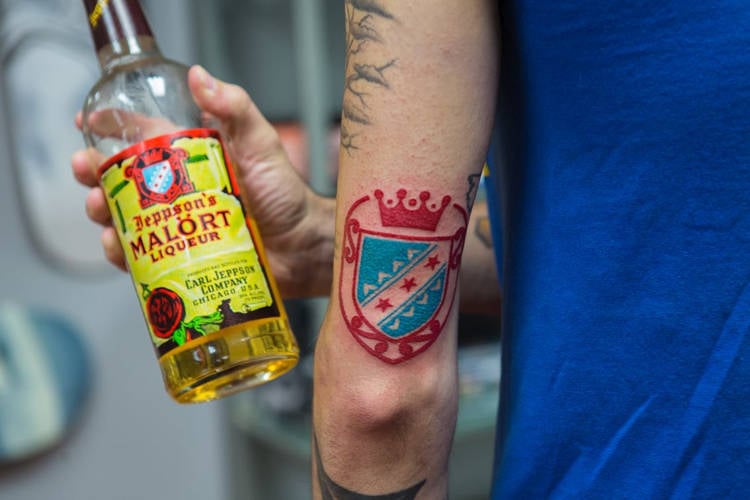
If you’re not into liquors, they probably all taste bad to you, but there’s a particular liquor that everyone agrees tastes horrible. It’s called malört and, over the years, it has been compared to battery acid, pesticide and gasoline. Although Jeppson’s Malört is most often associated with the American city of Chicago, its true roots […]
Jacu Bird Coffee – From Bird Poop to Gourmet Delicacy
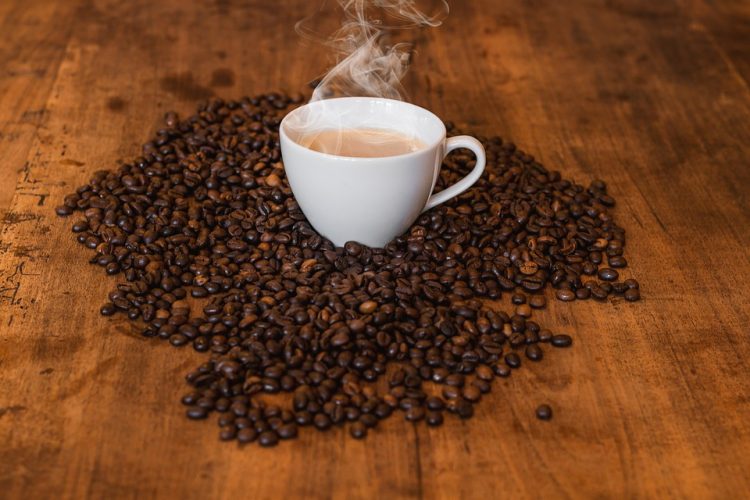
Jacu Bird Coffee is one of the world’s rarest and most expensive coffee varieties. It is made from coffee cherries ingested, digested and excreted by Jacu birds. At around 50 hectares, the Camocim Estate is one of the smallest coffee plantations in Brazil, but it still manages to rake it quite a nice profit thanks […]
Japan’s Craziest Soft Drinks Company Comes Up with the Weirdest Flavors
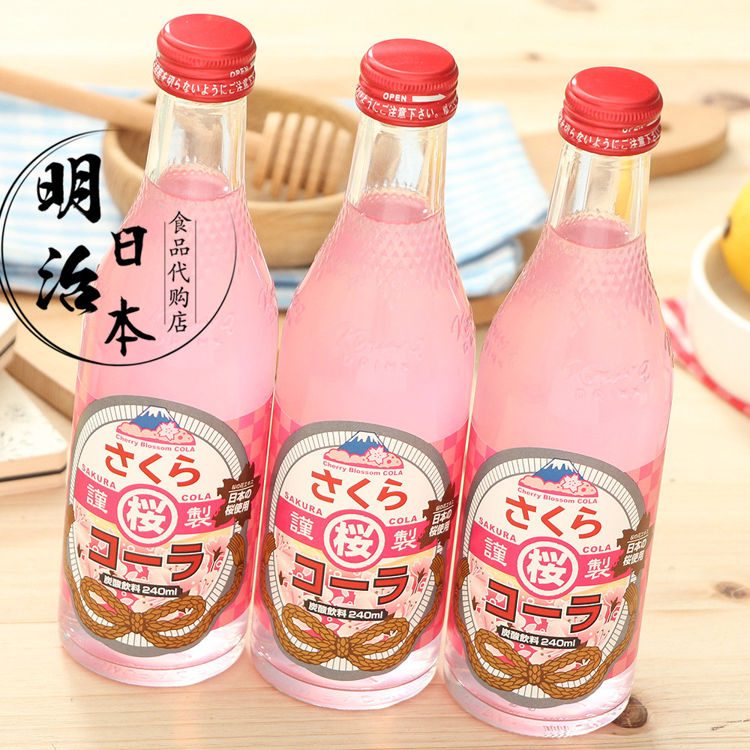
If you thought Coca Cola Vanilla was weird soft drink, the flavors developed by Shizuoka Prefecture-based company Kimura Beverage will probably blow your mind. When it comes to new and completely unexplored soft drink flavors, Kimura Beverage is considered somewhat of a pioneer in Japan. Remember, this is the same country where limited edition flavors […]
Onionade – The Onion-Based Lemonade You Never Knew You Craved
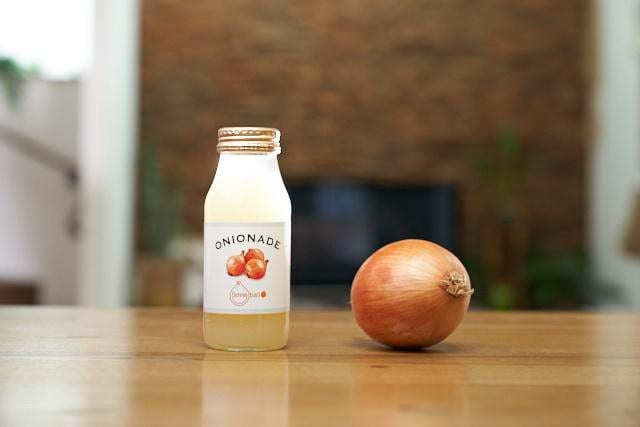
Onion hardly seems like the best vegetable to base a soft drink on, but Onionade doesn’t contain the kind of onion you’re used to, but a new type that not only doesn’t make you cry when you chop it, but it unusually sweet as well. Back in 2016 we reported on one of the most […]
This Japanese Coffee House Serves 22-Year-Old Coffee for $900 a Cup
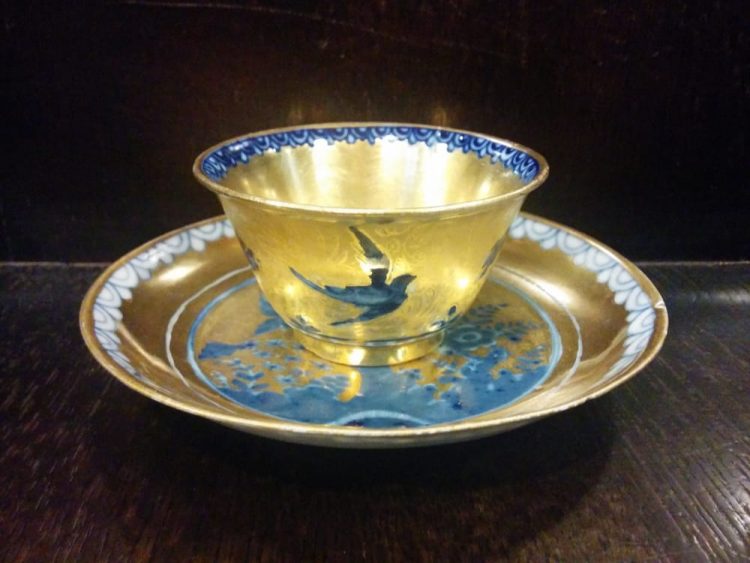
The Münch, a small coffee house in Osaka, Japan, is probably the only place in the world where you can enjoy a cup of freshly brewed 22-year-old coffee. That’s if you can afford it, as a cup will set you back a whopping $914. The story of what many consider the world’s most expensive cup […]
Scientist Create “Atomik Vodka” from Grains and Water around Chernobyl
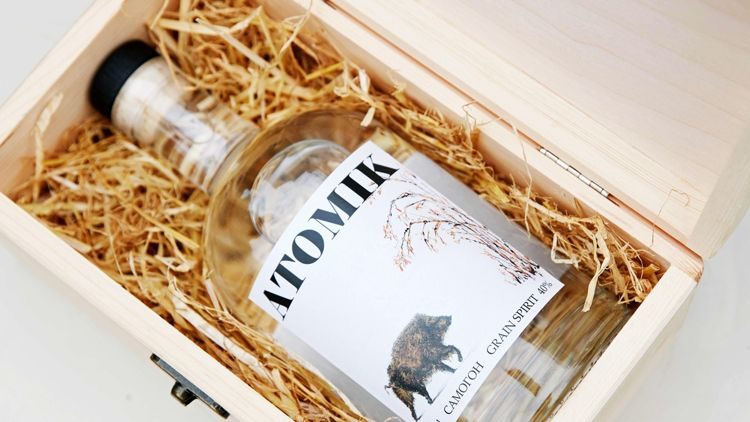
An international team of scientists studying the exclusion zone around Chernobyl recently unveiled a bottle of vodka made with water and cereal grown in the area around the abandoned nuclear power plant. Called ‘Atomik’, this vodka is the first consumer product to have come out of the Chernobyl exclusion zone ever since the nuclear catastrophe […]
This Giant Cup Of Coffee Comes With a Cotton Candy Cloud That Rains Sugar
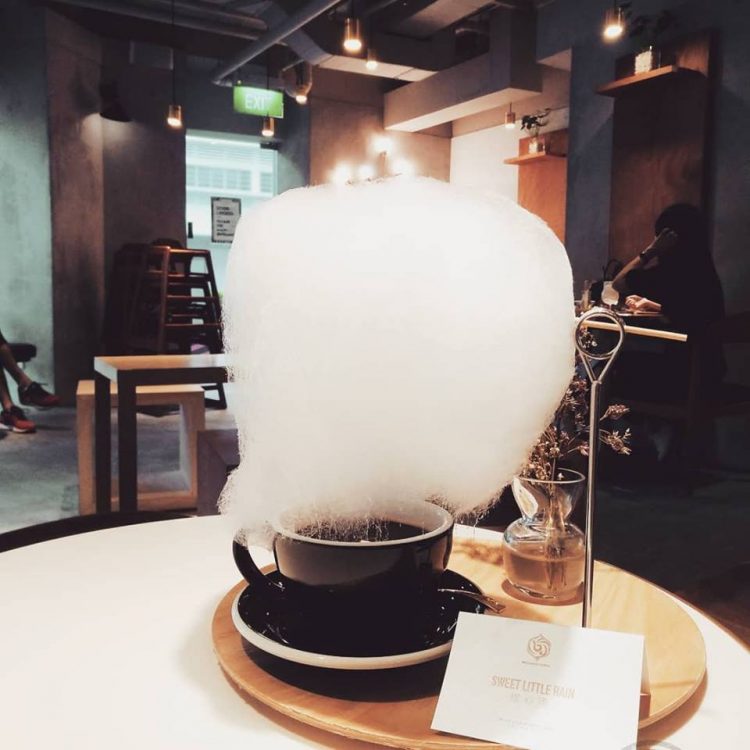
If you’re looking for the ultimate instagrammable coffee, you’ll have a tough time finding something cooler than Sweet Little Rain. That’s an odd name for a cup of coffee, but once you see it in action, you’ll realize it makes perfect sense. Mellower Coffee, a Chinese coffee shop chain headquartered in Shanghai, owes much of […]
Ohio Man Gives Up Solid Food, Lives on Beer Alone for Lent
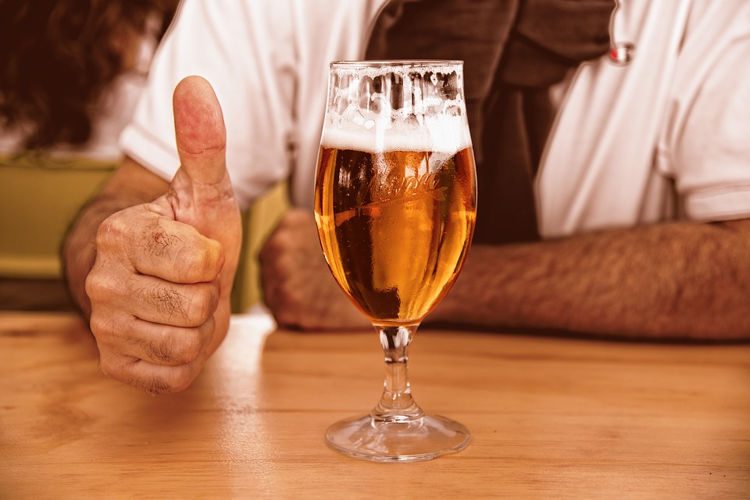
Inspired by 17th century German monks who allegedly survived on a rich beer called doppelbock during Lent, an Ohio man has embarked on a 46-day beer diet, dropping all solid food until Easter Sunday. Many Christians choose not to consume beer during Lent, as a way of abstaining for something they find pleasurable, but Dell Hall, the […]
The World’s First Spiked Still Water Hydrates and Gets You Drunk at the Same Time
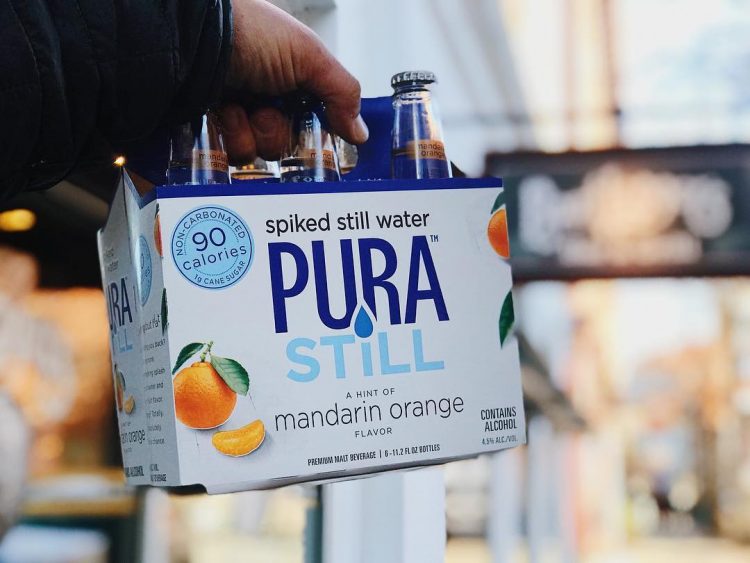
Pura Still is being advertised as the first spiked water that doesn’t need bubbles to keep things interesting. It’s still, but definitely not flat as it has an alcohol content of 4.5% by volume. Alcoholic drink brands have been hard at work trying to come up with new and enticing products for the growing number of […]
